A new chapter
Pioneering San Antonio organization chronicles battle for Mexican-American civil rights
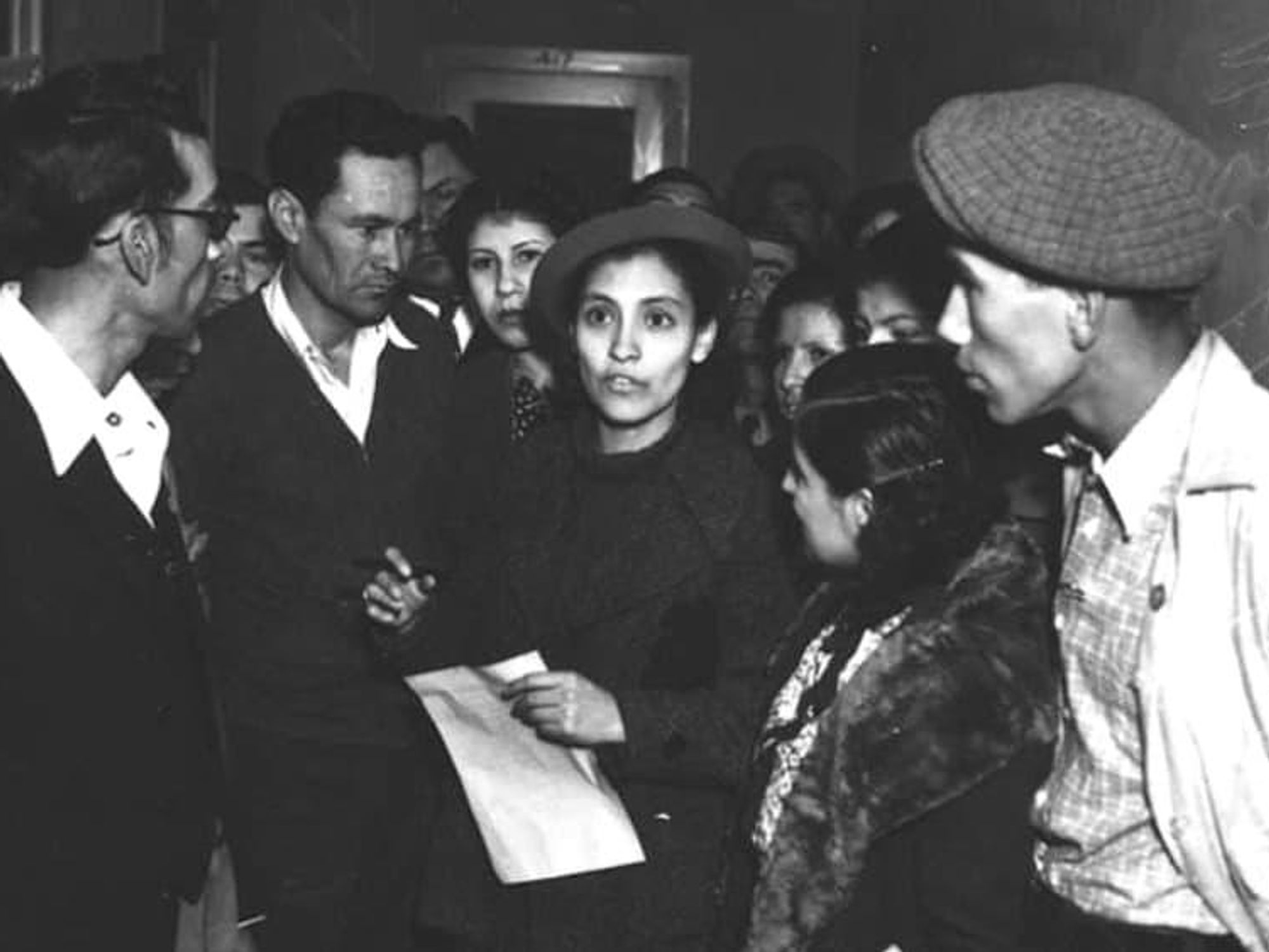
San Antonio is now home to a unique organization dedicated to the history of Mexican-Americans and the struggle for equality. Earlier this year, the National Institute of Mexican American History of Civil Rights was launched to chronicle how Mexican-Americans in South Texas have fought for social justice.
“Our goal is to collaborate with school systems, with local universities, businesses, and civic organizations to get our work done,” board chairperson Paul Ruiz, a veteran educator, said at the September 12 San Antonio City Council meeting.
The group will use panel discussions, exhibits and other programs to demonstrate Mexican-Americans’ sociopolitical contributions to the Alamo City, Texas, and the country. Several area historians, academics, legal experts, business, and civic leaders are helping to develop the institute as a nonprofit as well as create its programming.
It was during that September 12 meeting that the council also approved its 2019-2020 budget, which includes initial seed funding of $250,000 for the organization, one of the first of its kind in the nation.
Also a co-founder of The Educational Trust Inc., Ruiz said there’s been a desire among many San Antonians to have an group dedicated to formally preserving and showcasing the long history of Mexican-Americans and their fight for voting, educational, and labor organizational rights, as well as battle against institutionalized discrimination. (Ruiz has worked with the Hispanic Association of Colleges and Universities, which has an office in San Antonio.)
Ruiz explained the new institute isn’t a museum, but rather an educational institute that will grow and evolve. He added that academics and historians agree San Antonio, perhaps more than any other U.S. city, has had the biggest impact on Mexican-American history and civil rights.
“From the first European settlements … to the Alamo and to the birthplace of the strongest Mexican-American candidate for the presidency, San Antonio has been the focus, the crucible, for Mexican-American civil rights for over 70 years,” he said.
Henry Cisneros, the city’s first Mexican-American mayor since the Republic of Texas era, wrote a letter lending his supporting to the establishment of such an institute in San Antonio, saying the city has long had a major role in seeing Mexican-Americans advocate racial equality, women's rights, strong unions, fair wages, and quality public education.
A launching pad
San Antonio has a rich place in Mexican-American history — a place that the institute wants to spotlight. After all, it is here where the Order of the Sons of America, one of the first Mexican-American civil rights groups in Texas, was founded. (The Order eventually helped to create League of United Latin-American Citizens.) San Antonio is also the birthplace of the Mexican American Legal Defense and Educational Fund.
The city is also where the first Spanish-language television station in the United States began and led to the development of Univision, and still remains in operation as KWEX.
Institute board Vice Chair Gloria Rodriguez, a former educator and founder of famed local nonprofit AVANCE, said the new institute could support the production of reports, studies and books, conferences and events.
“We want to inspire all of our youth to be change agents, compassionate and understanding. We want to unite our city, bring diverse people from all sectors, to learn about our shared history,” she added.
Agents of change
Agents of change have been plentiful throughout the history of San Antonio, and local Mexican-Americans past and present have radically altered the course of history.
Take for instance Willie Velasquez, who founded the local Southwest Voter Registration Education Project, which helped to increase Mexican-Americans’ voting registration and power. Velasquez was also a founding member of the Mexican American Youth Organization, which formed in San Antonio and had been Chicano youth group that fought for social action.
Velasquez went on to become a statewide coordinator of El Movimiento Social de la Raza Unida, which birthed La Ram Unida Party. He also inspired the formation of the National Alliance of Craftsmen Associations.
Emma Tenayuca is one of the best-known Mexican-American labor leaders. She organized Mexican workers across pre-war Texas, especially leading a workers’ strike at Southern Pecan Shelling Co. in San Antonio.
In her youth, Tenayuca and her family members often visited Plaza de Zacate, a small plaza where local radicals of the time — socialists, communists, anarchists — congregated and spoke out against injustices.
Cesar Chavez came to San Antonio many times to educate local activists and coalition-builders. It’s on the West Side where Chavez met Jaime Martinez, then a young labor activist who went on to found the Cesar Chavez Legacy and Educational Foundation.
Gus Garcia made his name as one of the first Mexican-American lawyers to ever win a case at the U.S. Supreme Court, helping to set up the right of Mexican-Americans to serve on juries. He was raised in San Antonio, and spent the final years of his life here.
A community of
Other institutions recognize San Antonio’s key role in the evolution of Mexican-American civil rights. In 1968, the U.S. Commission on Civil Rights held a multi-day conference at Our Lady of the Lake University, delving into civil rights issues that Mexican-Americans were facing in the U.S. Southwest. OLLU hosted a 50th anniversary conference last year. The new institute will have office space at the West Side university.
OLLU President Diane Melby had written a letter backing the National Institute of Mexican American History of Civil Rights, saying "last year’s commission conference crystallized for me just how central San Antonio is to the story of civil rights in the Latina and Latino community.”
In a politically charged atmosphere, where Mexican-Americans are still stereotyped, portrayed negatively, and underestimated, the development of an organization dedicated to objectively telling the local community’s rich story could not have come at a better time.
Councilwoman Rebecca Viagran echoed this during the September 19 council meeting, saying: "I think now is an important time for us to capture the story, to tell the story and be proud of it, to share it and not let it die."

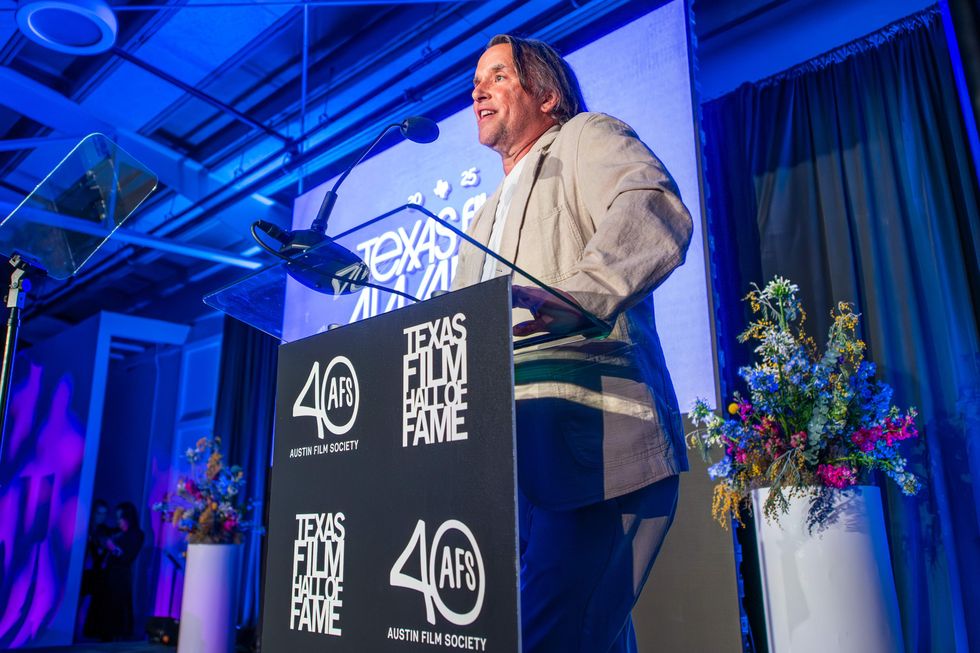 Richard LinklaterPhoto by David Brendan Hall
Richard LinklaterPhoto by David Brendan Hall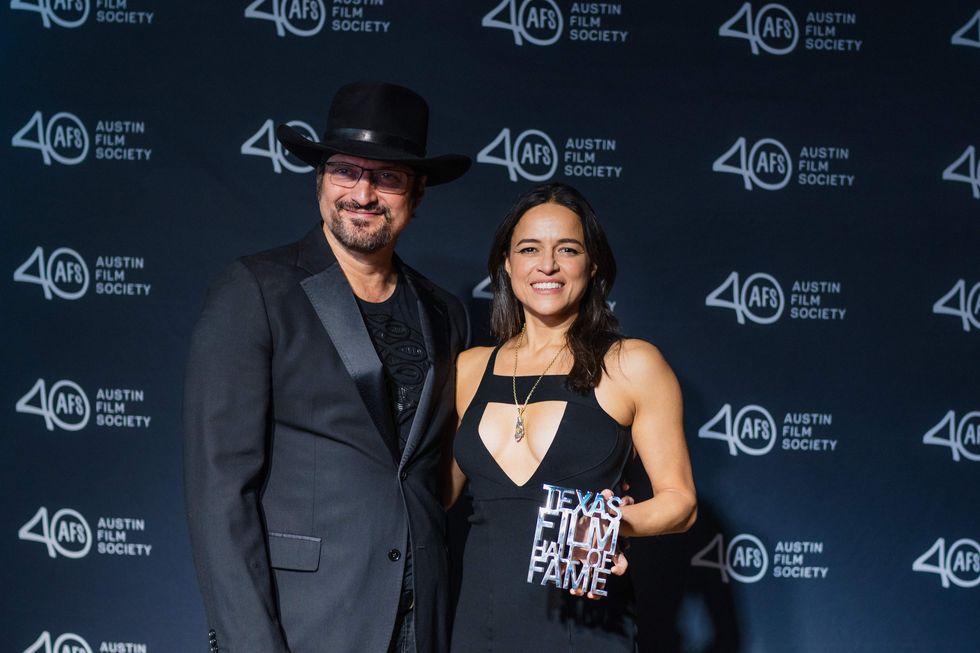 Robert Rodriguez and Michelle RodriguezPhoto by Lauren Slusher
Robert Rodriguez and Michelle RodriguezPhoto by Lauren Slusher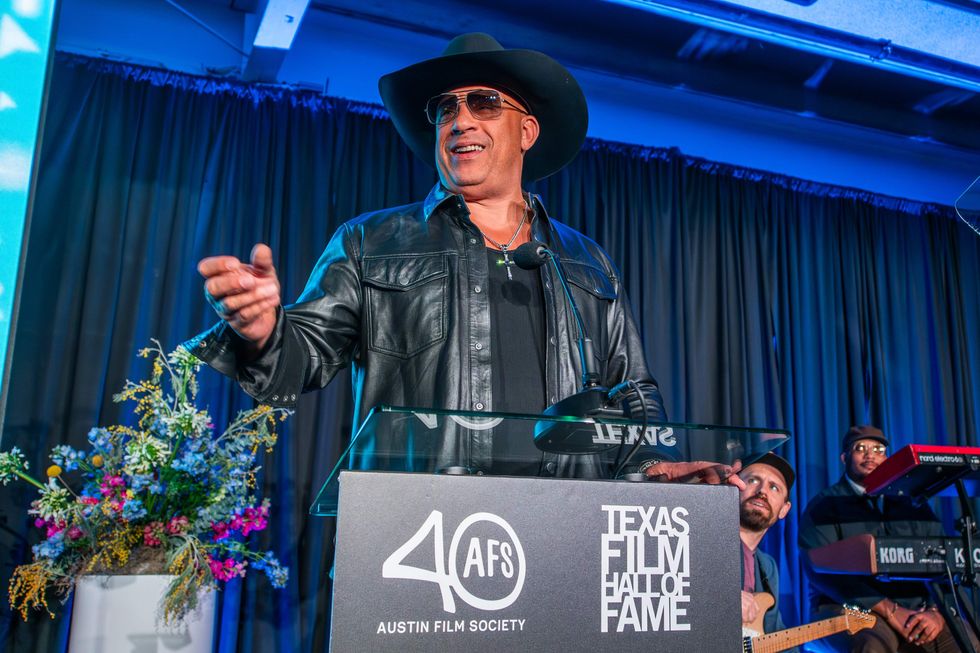 Vin DieselDavid Brendan Hall
Vin DieselDavid Brendan Hall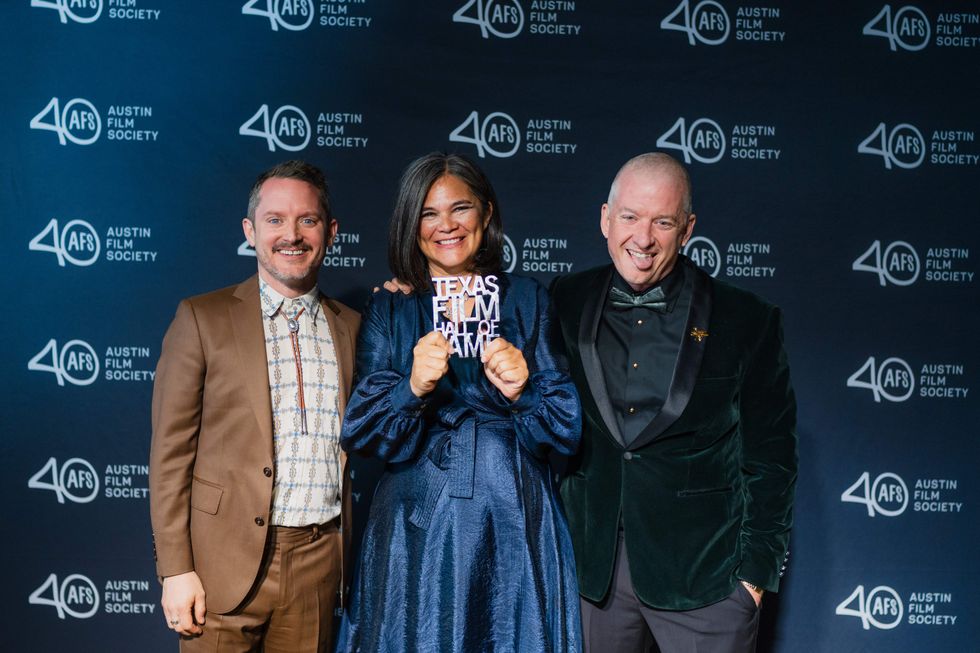 Elijah Wood, Tim and Karrie LeaguePhoto by Lauren Slusher
Elijah Wood, Tim and Karrie LeaguePhoto by Lauren Slusher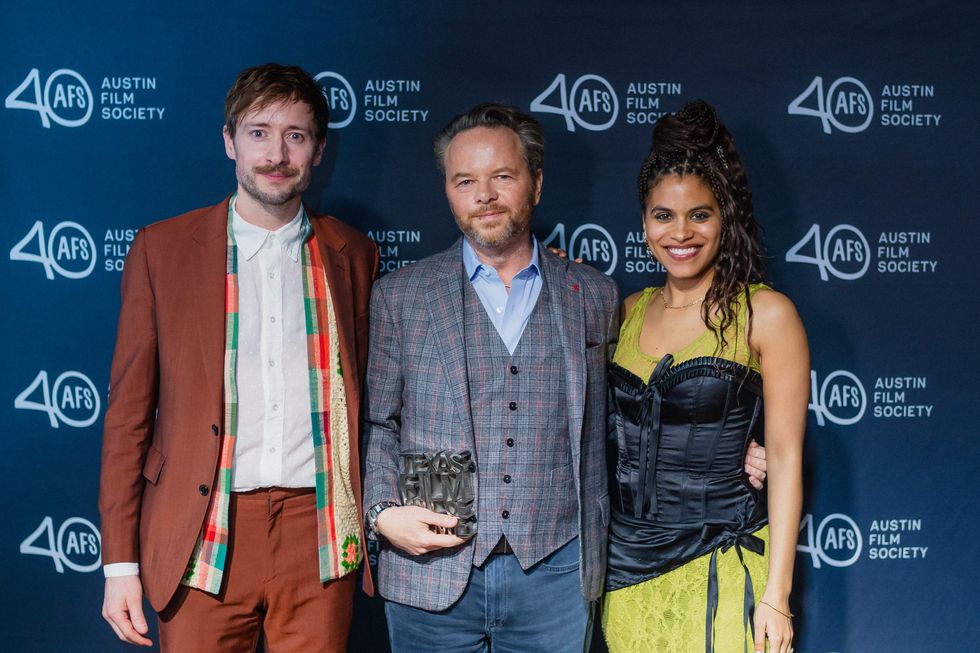 David Rysdahl, Noah Hawley, and Zazie BeetzPhoto by Lauren Slusher
David Rysdahl, Noah Hawley, and Zazie BeetzPhoto by Lauren Slusher